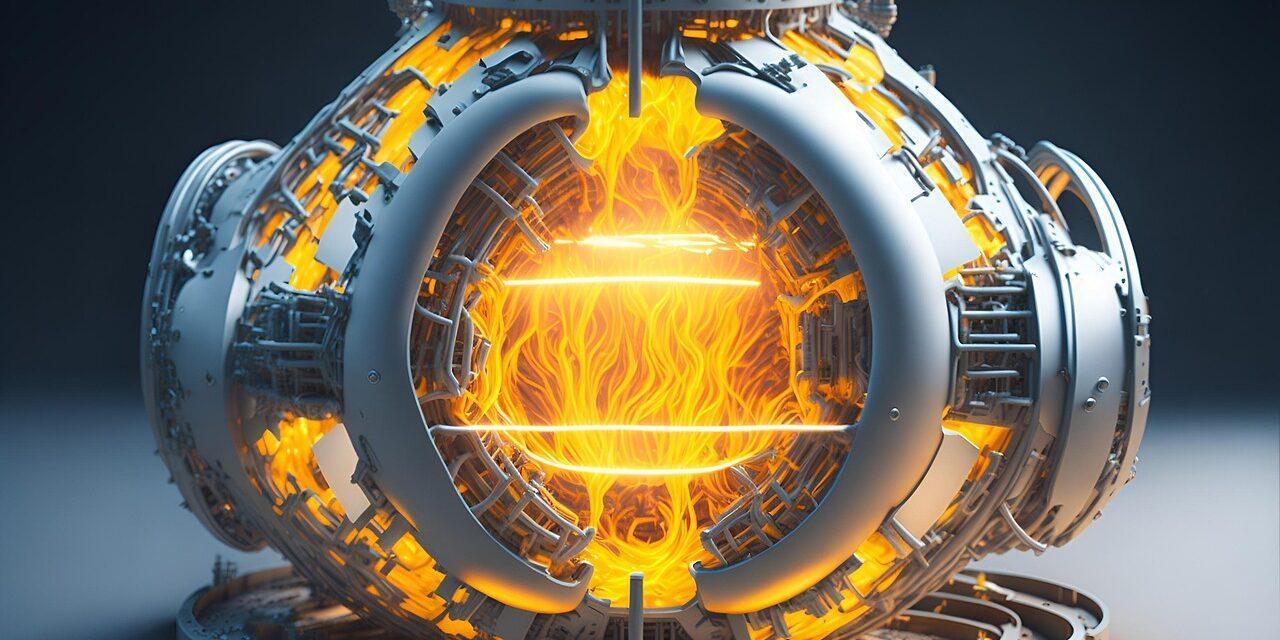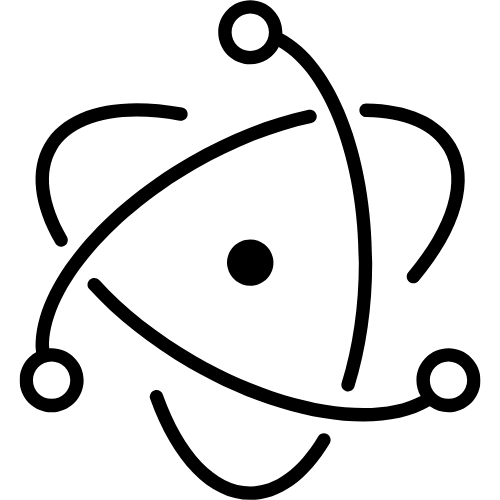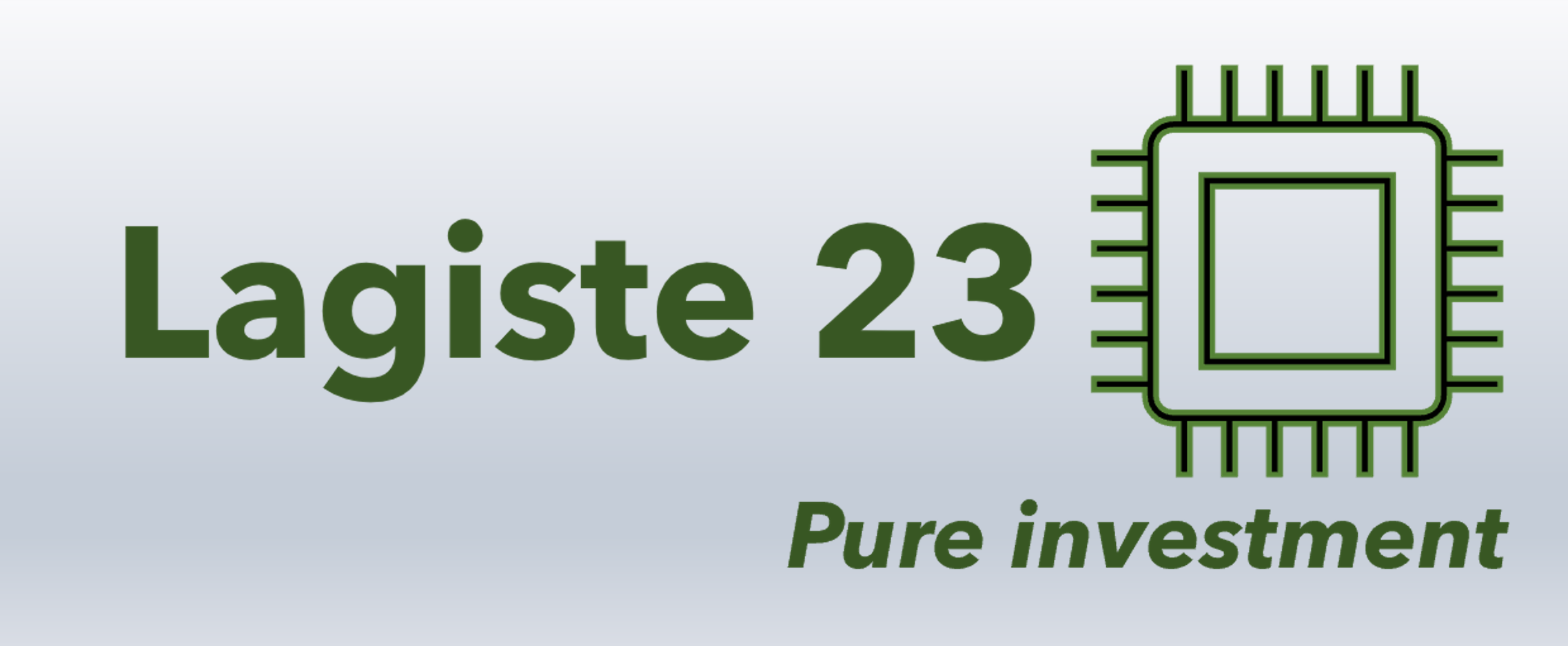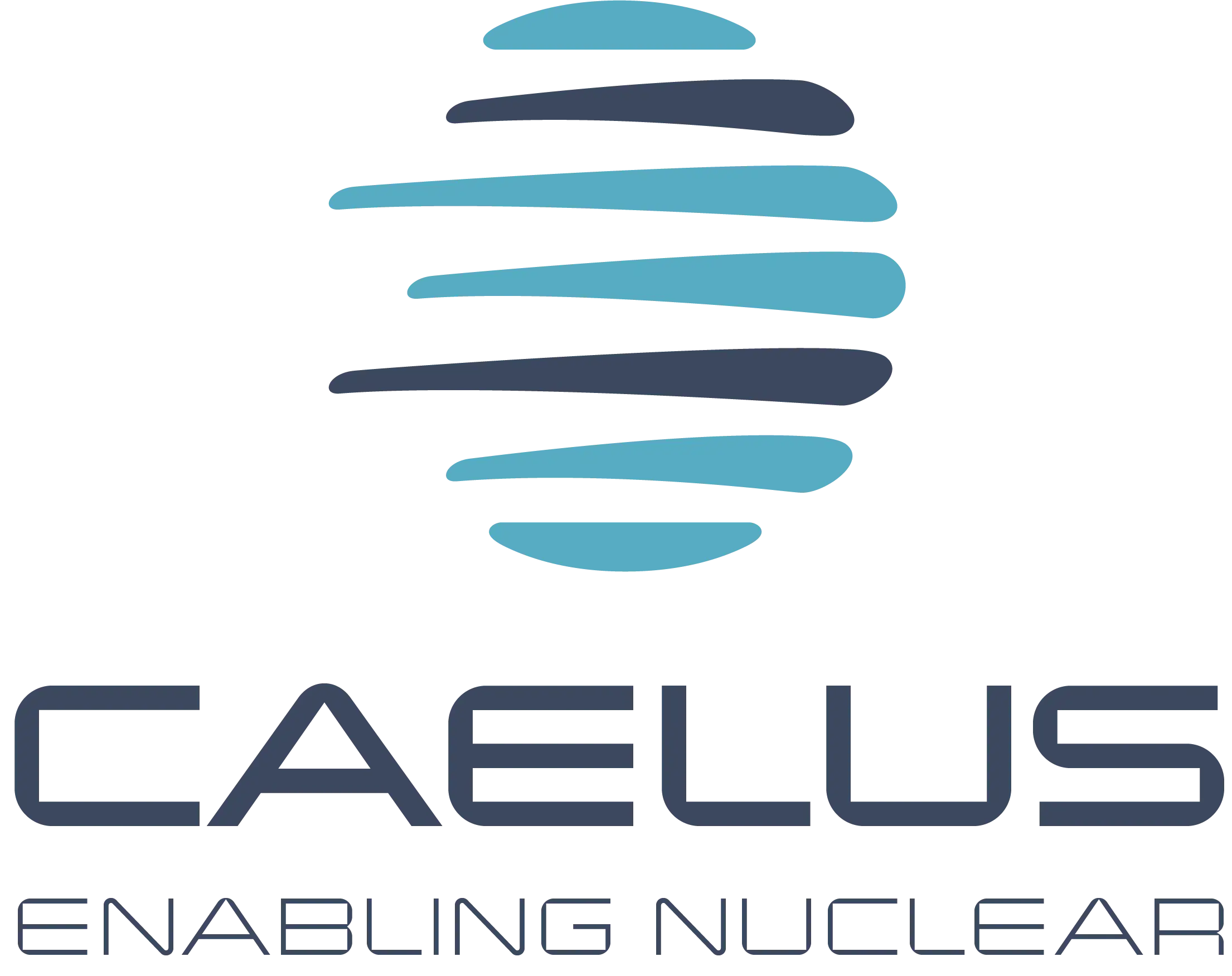An environment like no other
As in any other complex industry, the supply-chain in nuclear plays a central role in the capability of the industry to deliver and operate. Construction costs and schedules, quality levels, maintenance and confidence among stakeholders are all central aspects of this very delicate ecosystem. In nuclear, however, all these aspects are particularly sensitive because of some specificities not always clear to an outside observer.
First, there are geopolitical aspects to take into consideration. Leading vendors are all potentially international in terms of customer base and commercial presence; at the same time decision-making processes are heavily influenced by extra-market considerations (technology transfer, local joint ventures for manufacturing, special procurement deals are all normal requirements). Production is often located in different jurisdictions; materials, components and semi-processed fabrications need to cross several borders before reaching their final destination; and the same applies to software and services. This adds a burden in terms of regulatory requirements, which need to be addressed and constantly monitored, as any legislation change translates directly in updates of internal suppliers’ processes.
Second, and quite understandably, the level of quality is directly influenced by the very strict safety requirements the industry demands. As some of the start-ups recently created around new reactor models are discovering, a very good project is not enough to even begin discussing deployment or even merely project certification. The whole supply-chain certification is required in order to be credible.
While the idea of a reactor modelis as old as nuclear itself, some have pushed to a level that Hyman George Rickover (the admiral that “invented” nuclear submarines) would not hesitate to call “paper reactors”, that is, existing as ideas but far from the whole issue of construction and deployment, simply because (but not only…) there is no certified supply-chain that follows. Even the advantages that the Small Modular Reactors (SMR) approach represents could be in vain if the industry does not acknowledge the need for deep changes in how the supply chain is managed. And accelerating the building of a strong reliable certified supply-chain is exactly one of the areas where Artificial Intelligence can be put to use in many ways.
How can Artificial Intelligence help?
Even in the case of an industrialized country, taking manufacturing companies industry to a “nuclear certified-level” will require a very complex set of operations: information needs to flow rapidly, organizations need to adapt rapidly, single processes and workforce are all concerned and committed to uniform advancement: quality, traceability and compliance are kings here. Obviously the growing availability of digitalization tools can help, but advances in IT are not per seenough; they are a necessary, but insufficient step, and advanced digitalization could even have slowing effects with no efficient AI applications as coordinators. This can be done through a combination of AI agents and orchestrators. The first can be placed at every step of the training, operations and certification process, to inform and support human operators about the requirements (and their changes) for every geography and/or nuclear technology. The seconds will act as checkers, not only against compliance requirements but also ensuring that the organization as a whole progresses coherently towards the common goal. The benefits will be many:
Artificial Intelligence can manage continual and customizable updates and alerts about changes in multiple national regulations. Unlike simple search engines, AI allows smart navigation through complex documents; can identify correlations between components’ specifications and design requirements; and last but not least it can shorten time-to-design by agentic-aided support
Nuclear-class certification is difficult to obtain and difficult to maintain. Artificial Intelligence can largely replace the traditional consultancy approach, supporting supply-chain companies through all the certification phases. Expert know-how can be solidified in as many AI-agents as desired, agents that can be recalled every time they are needed, with considerable savings
This last functionality is especially important when a country’s nuclear program is also seen as a strengthening opportunity for its domestic industry. AI can speed certification procedures both at company and at single process level, once again resulting in important time-to-market and cost savings

The case for private-AI and Human-in-the Loop (HIL)
Current AI technologies (much beyond traditional GenAI and Machine Learning) are already available and represent probably the best opportunity for the nuclear industry to deliver what it is promising. It is therefore not surprising that several AI companies are trying to enter this market.
It is however doubtful that the traditional AI model promoted by large integrated platforms would be well-suited in this particular case. For starters, the SaaS (Software-as-a-Service) model can hardly be imagined to work for an industry where reliability, IP and international tensions are always a concern. Here we are not looking at simple scalable automatization needs that can be fulfilled by a central delivery point in the same way; each player of the value-chain will need customized solutions, where privacy of data and information can truly be preserved. And it is important to acknowledge that public AI systems have a poor record when it comes to ensuring security of data, regardless of how many precautions one takes in terms of contractual NDA agreements. Current AI models are inherently designed to absorb the information and data they treat, regardless of the intentions of their creators. Besides privacy concerns, it is important to underline that all the potential usages here described require the development of AI models to be embedded into each company’s IT infrastructure; the AI agents need to be designed, operated and regarded as part of a company’s core assets, not as generic services to be called upon when needed.
But there is a second aspect that sets the nuclear industry apart from the rest as far as AI applications are concerned: the levels it sets the bar for as far as safety and the caution principle are concerned. AI suppliers will need to demonstrate (not just promise) strict adherence to the Human-In-Loop (HIL) principle, producing efficient but still fully explainable systems, in order to gain the respect and the trust of the nuclear industry. We believe the current relative low use of AI in nuclear has this aspect as one of its root causes.
Conclusion
Artificial Intelligence in nuclear therefore needs to reinvent itself if it is to be accepted by nuclear companies and stakeholders (Regulatory Authorities, governments, citizens). It will have to be private, and it will have to be customized for every company. This does not mean that we anticipate a massive construction of AI expertise in each player of the nuclear supply-chain; nuclear companies need to keep doing what they do best, not become AI-companies. But because of its special nature, AI cannot be used only as a tool or just as another sophisticated application software; so instead of generic solutions “for the nuclear industry” we forecast the rise of AI players with nuclear competencies able to customize solutions for any nuclear company that wants to keep ahead of the game and ready for the Nuclear renaissance to come. And in a specular way we anticipate successful nuclear companies to be those that will migrate to a Full-Stack AI model, not just hire some AI consultants.









